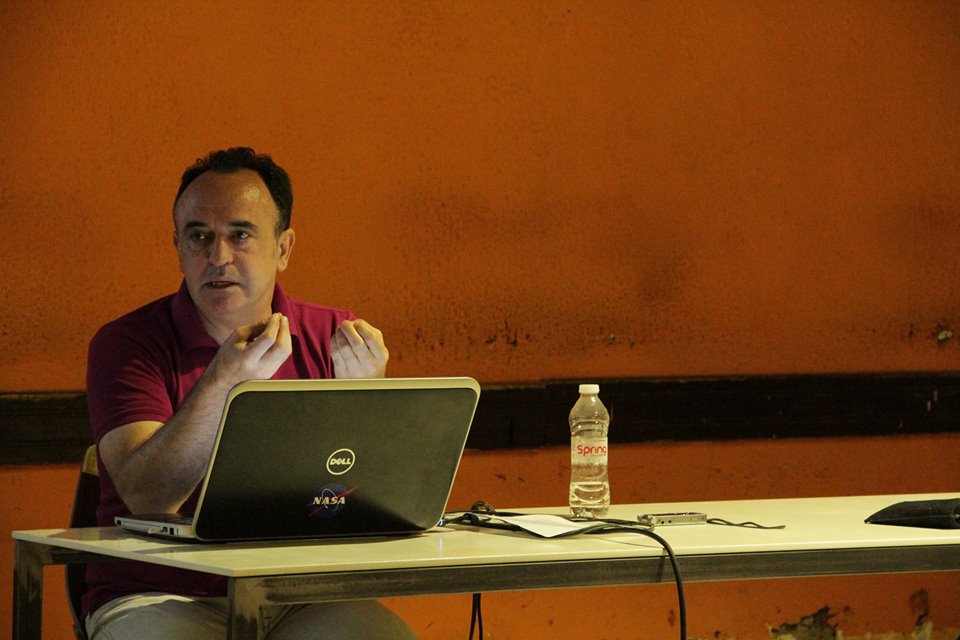
by Nebojša Milikić
Interviewing ourselves with some help by Kosovo Serbs
I’ve started interviewing Kosovo Serbs in 2004, during my earliest visits to Kosovo, which were motivated by various activist and artistic reasons. Through conversations with Kosovo Serbs, randomly encountered in Gracanica, Prishtina and Preoci in Kosovo and refugees that I’ve met in Bor and Leskovac in Serbia, I’ve researched theirs and my own understanding of a recent Kosovo history, and theirs, as well as my role or position in that history. My media experience from Serbia was formulating two dominant representations of Kosovo Serbs. The first representation was concerned with image of Kosovo Serbs as victims and displaced persons, while the second representation was constructing them as martyrs and heroes. It is quite possible that my personal experience is irrelevant for generalization and scrutinization about the impact of the media discourse, however this research is motivated by subjective impressions, rather than objective, well-established truths. As I see it, in the “kismet” of the society and the state in Serbia and Yugoslavia during 1980s and 1990s, Kosovo Serbs had a very important position and played a very important role. The concept and the meaning of the published interviews, thus, is the representation and in some way the examination of such view of mine.
After the realization of a number of interviews in Mitrovica, I initiated the series of seminars on the topic of History of Kosovo in the Cultural center Rex in Belgrade, where I work. What did we learn on that seminars and how we could widely share it?
Nebojša Milikić, cultural worker and manager, researcher and activist, lives and works in Belgrade, Serbia. Studied and worked at the Institute for Regional Geology and Paleontology in Belgrade, attended The School of History and Theory of Image of the Centre for Contemporary Art Belgrade) and The Queer Studies at The Center for Queer Studies, Belgrade. Since 1995 involved in organizational, artistic and curatorial practice in visual and relational arts. Initiated, realized or co-realized many cultural and artistic programs and projects, in Serbia and abroad. Participates in number of independent research projects and activist campaigns.Writes about cultural and artistic production. From 1999 onwards works in Cultural Center Rex in Belgrade, as the initiator and coordinator of the debate programs and the programs of democratization and decentralization of culture.
Summer School as School is a project by Stacion – Center for Contemporary Art Prishtina, supported by: Ministry of Education, Science and Technology of the Republic of Kosovo, Culture for all – phase III, Kosova Foundation for Open Society, Friedrich Ebert Stiftung, Ministry of Culture of the Republic of Albania, Ministry of Foreign Affairs of the Republic of Kosovo, Ministry for European Integration of the Republic of Kosovo, Federal Chancellery of Austria, Austrian Federal Ministry for Europe, Integration and Foreign Affairs, Technomarket, Sindikata, X-print and DZG.